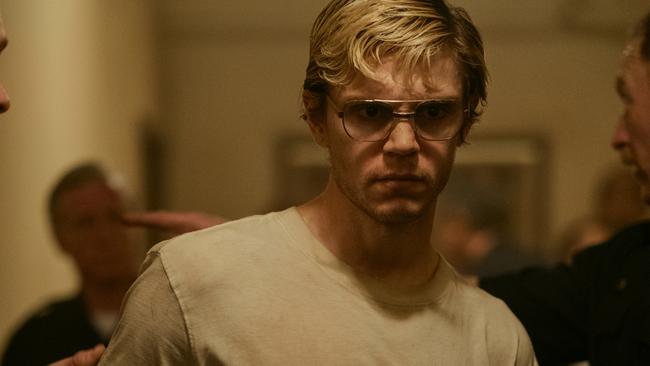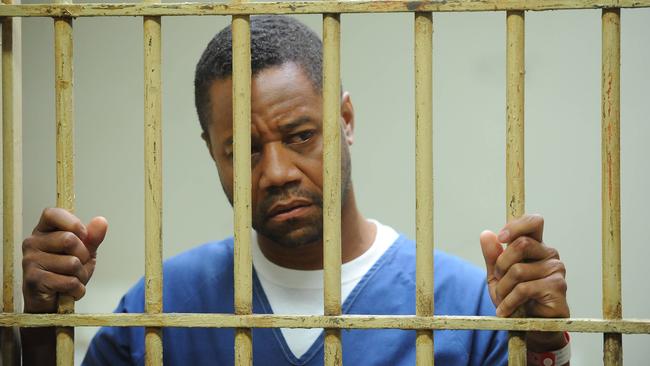True crime traumatises victims' families
True crime producers need to consult the family of victims, Kim Goldman says.

Producers need to consider the perspectives of victims' families, Kim Goldman says.
An ethical conundrum plagues our true crime fascination.
When Ryan Murphy’s Netflix blockbuster, Dahmer — Monster: The Jeffrey Dahmer Story, debuted last month, it became one of the most-watched shows on Netflix and one of the biggest launches in the streamers history.
But its debut was met with criticism from several family members of the victims who felt blindsided and exploited by the show, and condemned it for profiting off their tragedy without consulting them.
It’s clear that our true crime addiction isn’t going anywhere — and the content mill will continue to churn out tv shows, podcasts, and docu-series to satiate our hunger.

Kim Goldman, whose brother, Ron, was murdered alongside Nicole Simpson, says that producers have a responsibility to involve family members when developing these series.
20 years after Ron’s murder, Goldman learnt that his death would be dramatised in Ryan Murphy’s limited series, The People V. O.J. Simpson: American Crime Story. As she tells Entertainment Weekly, she didn’t hear it from anybody involved in making the show.

“I was bombarded — bombarded — with news, and phone calls, and emails, and my feed, and I had no fricking idea what was going on,” she says. “It’s unnecessary, to not be able to just send an email that says, ‘Hey, we’re doing this about your family. I’m so sorry. We hope that you’re proud of the work that we’ve done.'”
Goldman says that she is “not surprised,” that the families of Dahmer’s victims were blindsided by the Netflix show.
"The same creator did the same thing to our family.”
“I've seen (this backlash) from Gabby Petito's family about the Lifetime movie,” Goldman continues. “Lots of other families have talked about how their case has been exploited without any involvement or even a courtesy call. It's gross.”
In the three decades since her brother’s murder, Goldman has become an advocate for victims' rights. She’s the co-chair of the National Center for the Victims of Crime and hosts a podcast, Media Circus, that interviews victims and families thrust into the spotlight through news and true-crime entertainment. "It was an opportunity for me to give the power back to the people that often get their voice taken or quieted," she says.
The lion’s share of true crime media, Goldman says, fails to adequately consider the perspective and pain of its victims and their families. Murderers are exaggerated to mythic monsters; police and forensic scientists get their hero’s show, and victims are reduced to background noise.
“It paints a picture that victims and survivors are in the background, you know, in a fetal position on the floor.”
Goldman says “we can change the narrative about the way we tell stories and to make sure that we’re telling the stories that include the victimization, and that can allow people to understand that that’s part of the process.”
"At the end of the day, you’re exploiting our crime. Just have sensitivity around it.”


